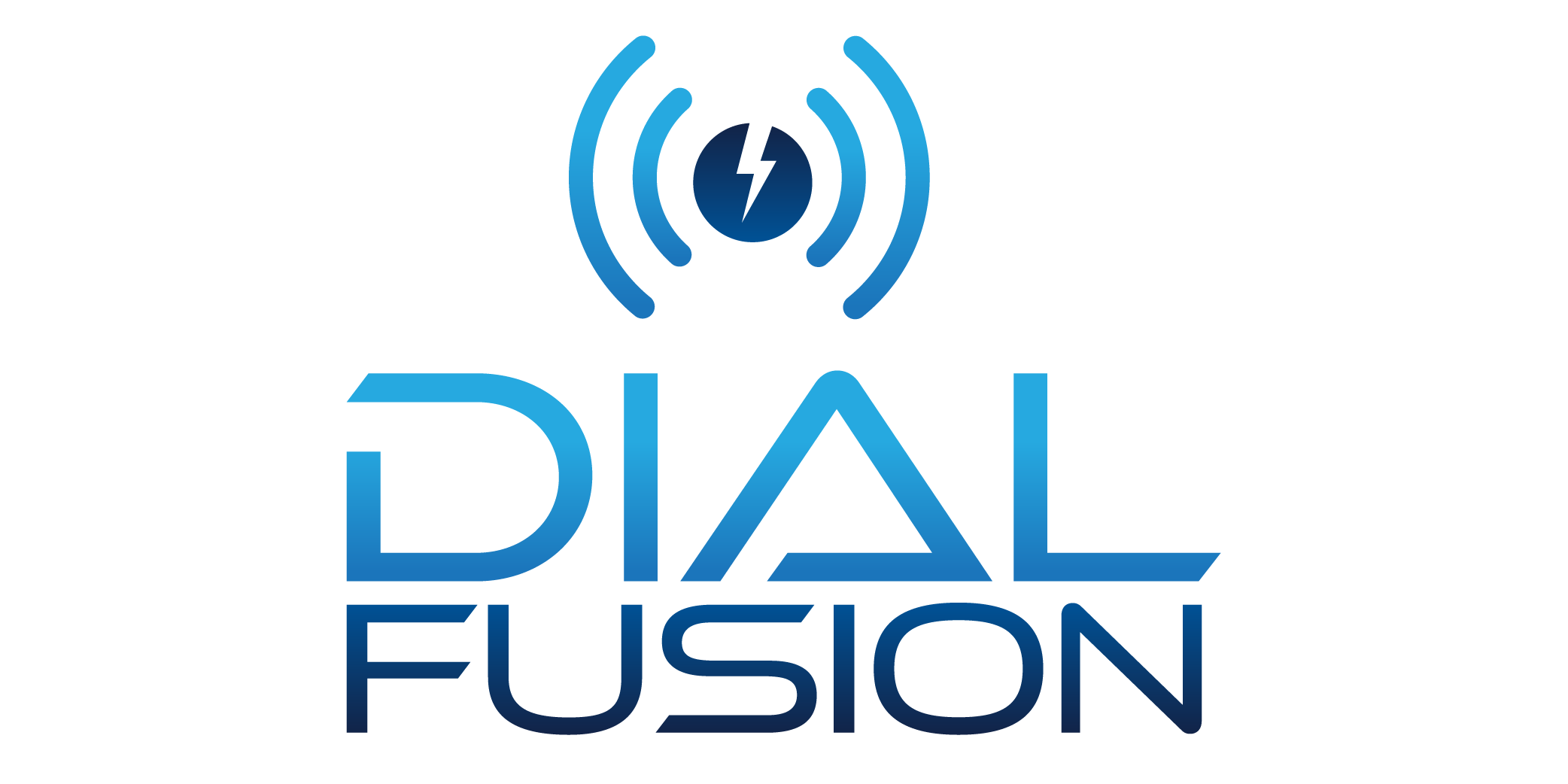Keeping up with contact center rules might feel like a chore, yet skipping them means risking huge financial penalties and losing the faith of your customers. A thriving contact center always builds on a core idea: keeping both your company and your callers safe. Playing by the rules protects your company’s good name. It also helps your business thrive for many years.
Knowing the ins and outs of what rules apply keeps your operations legal and honest. Here’s the guide, and right after it, something truly transformative arrives. It’s a smart way to link all the different settings, covering the essential rules and provide actionable steps to strengthen your compliance framework. Stick to these instructions, and you’ll set up a system that’s both safe and dependable.
Table Of Contents:
- What Is Contact Center Compliance?
- Key Regulations in Contact Center Compliance
- Why Contact Center Compliance Matters
- Common Compliance Challenges for Contact Centers
- Tips for Improving Contact Center Compliance
- The Role of Leadership in Contact Center Compliance
- What’s next for call center rules.
- Conclusion With Dial Fusion!
What Is Contact Center Compliance?
Contact centers simply must follow the rules set by laws and their industry. Whether it’s calling customers or managing their private information, these rules cover all sorts of business actions. These regulations exist to protect you, the customer. They make sure businesses operate honestly and securely.
Compliance isn’t just a checklist. It’s truly about building a safe space where customers feel secure and can trust you completely. When customers feel their information is safe and their privacy is respected, they are more likely to remain loyal. Well-structured compliance efforts significantly lower your exposure to regulatory penalties, thereby shielding your brand’s public standing from the repercussions of any unauthorized data disclosure.
Key Regulations in Contact Center Compliance
Several significant regulations form the backbone of contact center compliance. Every business talking to customers on the phone or through online messages really needs to know these guidelines. Every one looks out for your buying power or keeps your personal data safe.
TCPA (Telephone Consumer Protection Act)
The Telephone Consumer Protection Act, or TCPA, places strict rules on telemarketing calls, automated dialing systems, and text messages. Ever get calls you didn’t ask for? This was set up to stop those calls. A core requirement of TCPA compliance is obtaining prior express written consent from individuals before contacting them with marketing messages through an autodialer.
This act also restricts calling times to between 8 a.m. and 9 p.m. in the recipient’s local time zone. Furthermore, businesses must maintain and honor an internal do-not-call list, in addition to respecting the National Do Not Call Registry. Messing up with TCPA can drain your wallet with huge fines. Every single call piles on the cost, quickly landing you in a serious legal mess.
The Telemarketing Sales Rule matters a lot. It acts as a direct partner to the TCPA. Telemarketers must clearly state important details and are forbidden from lying. To protect you from scams, telemarketers can’t accept just any payment method.
PCI DSS (Payment Card Industry Data Security Standard)
For any contact center that processes, stores, or transmits credit card information, adhering to the Payment Card Industry Data Security Standard (PCI DSS) is mandatory. Leading card brands set up this standard to prevent criminals from stealing your card information. Cardholder data needs protection. Businesses put specific security rules in place.
PCI DSS outlines twelve main requirements, which include building a secure network, protecting cardholder data through encryption, and implementing strong access control measures. From the corner coffee shop swiping a card to the big online store processing thousands of orders, this standard covers how all businesses handle payments made with plastic. Ignoring these rules carries a big risk. Payment card companies could fine you a lot of money, or worse, they might cut off your ability to accept credit card payments entirely.
The payment card industry data security standard is not a one-time setup; it requires continuous compliance monitoring and regular security assessments. Your contact center agents must be trained on how to handle payment card information securely during customer interactions. Keeping industry data secure is simpler with tech like call recording redaction and secure payment portals.
HIPAA (Health Insurance Portability and Accountability Act)
The Health Insurance Portability and Accountability Act (HIPAA) is critical for contact centers in the healthcare and financial services sectors. HIPAA establishes national standards to protect sensitive patient health information from being disclosed without the patient’s consent or knowledge. Any contact center handling protected health information (PHI) must have physical, network, and process security measures in place.
This includes training agents on privacy rules, using secure communication channels, and ensuring any center software that stores PHI is compliant. Strict laws dictate precisely who can look at your personal health records and the specific reasons they’re allowed to. Letting health information leak means your company will pay big money in fines. It also completely trashes your good name with the public.
FDCPA (Fair Debt Collection Practices Act)
The Fair Debt Collection Practices Act (FDCPA) applies to third-party debt collectors. To keep pushy bill collectors from bothering you, this rule spells out exactly when and how they’re allowed to reach out. Debt collectors can’t lie, harass, or use unfair tricks, all thanks to this important law.
Under the FDCPA, debt collectors cannot call consumers at inconvenient times, such as before 8 a.m. or after 9 p.m., unless they have permission. They are also prohibited from contacting consumers at their place of employment if they know the employer disapproves of such calls. Any company collecting debts simply has to grasp and follow fair rules for how they operate.
Here is a brief overview of these key regulations:
| Regulation Name | What It Covers | Who It Affects |
|---|---|---|
| Telephone Consumer Protection Act (TCPA) | Rules for autodialed calls, telemarketing calls, and text messages. | Any organization making outbound calls or sending texts for marketing. |
| Payment Card Industry Data Security Standard (PCI DSS) | Security of credit card data during transactions and storage. | Any business that accepts, processes, or stores payment card information. |
| Health Insurance Portability & Accountability Act (HIPAA) | Privacy and security of protected health information (PHI). | Healthcare providers, health insurance companies, and their business associates. |
| Fair Debt Collection Practices Act (FDCPA) | Prohibits abusive and unfair debt collection practices. | Third-party debt collectors and collection agencies. |
Why Contact Center Compliance Matters
Adhering to center compliance regulations is not just about avoiding trouble. Companies that follow regulations truly profit from it. Securing long-term expansion and fostering client allegiance depends on this.
- Builds Customer Trust: Imagine you’re the customer. When you feel confident a business truly respects your privacy and guards your personal information, you’re far more likely to open your wallet. Without trust, good customer experiences won’t happen, nor will lasting relationships.
- Protects Your Reputation: A single data breach or compliance violation can create a public relations nightmare that erodes brand value. Sticking to the rules consistently keeps your business looking honest and dependable.
- Avoids Costly Fines and Legal Issues: Non-compliance can result in crippling fines, penalties, and expensive lawsuits. The cost of implementing a solid compliance program is minimal compared to the financial fallout from a major violation.
- Improves Data Security: Compliance requirements often force organizations to adopt better data security practices. Sticking to guidelines like PCI DSS automatically makes your defenses stronger. This helps protect against data breaches and online attacks.
- Provides a Competitive Edge: In a crowded marketplace, demonstrating a commitment to compliance can differentiate your brand. What you do here speaks volumes to people thinking about hiring you. They’ll quickly see you’re dedicated to every task.
Common Compliance Challenges for Contact Centers
Maintaining compliance is an ongoing process with several challenges. Contact centers must be prepared to address these hurdles proactively. Catching these issues early is the only way to consistently follow through.
Keeping Up with Changing Regulations
Laws and industry standards are constantly being updated. Government rules, whether from your city, state, or even other countries, frequently shift, leaving companies scrambling to keep up. A failure to adapt to new compliance requirements can leave a contact center vulnerable to violations.
Training Staff
Your contact center agents are the first line of defense in maintaining compliance. It’s tough to keep everyone trained on the rules when staff in this industry comes and goes so often. Every agent must understand how to handle sensitive customer data, what to say during a customer interaction, and how to follow security protocols.
Managing Technology
The technology used in a contact center, from CRM systems to call recorders, must support compliance. This includes ensuring call recordings have proper consent, data is stored securely, and payment systems are isolated. Adding new tech while staying compliant with all the rules makes things much harder.
Tips for Improving Contact Center Compliance
Improving compliance does not have to be an overwhelming task. When you plan out your steps, your compliance system becomes truly solid. Let’s look at some smart ways to help your call center follow all the rules.
Create a Compliance Team
Designate a person or team to be responsible for overseeing all compliance issues. Regulations shift constantly. Our crew needs to spot those changes and quickly adjust our internal company guidelines. They’re a helpful spot. Agents ask them all their questions about company rules.
Use Technology to Your Advantage
Modern contact center solutions can automate many compliance tasks. For example, quality assurance (QA) software can monitor calls for compliance keywords or the absence of required disclosures. Technology can make it easier to enforce rules consistently across all customer interactions.
Regular Training and Updates
Make compliance training a continuous process, not a one-time event during onboarding. Regular refresher courses and updates on new regulations keep compliance top of mind for all employees. It clearly shows why following the set steps with every customer is so important.
Audit and Review
Conduct regular internal audits of your processes, systems, and call recordings. These check-ins will flag any areas where you’re not quite hitting the mark, stopping little slip-ups before they become big headaches. A thorough quality management program can integrate compliance checks into its standard evaluation process.
The Role of Leadership in Contact Center Compliance
A successful compliance program starts with a commitment from leadership. Leaders are the ones who truly build a workplace where everyone takes following the rules seriously. The leaders truly decide the whole feel of the company.
Setting the Tone
When leaders consistently communicate the importance of compliance, employees are more likely to take it seriously. At the very heart of our company, you’ll find a deep commitment to following our agreed-upon rules. Simply speaking won’t cut it; our actions are what truly solidify the message.
Providing Resources
Achieving and maintaining compliance often requires investment in technology, training, and personnel. Leaders must equip their teams with what’s needed to follow all the rules. This includes providing agents with the right tools and ongoing education to perform their jobs compliantly.
Encouraging Reporting
Create a safe and open environment where agents feel comfortable reporting potential compliance issues without fear of punishment. You’ll quickly spot any issues, letting you fix them before they get bigger. Listen well. Avoid trouble later.
What’s next for call center rules.
Get ready for customer service rules to change often, thanks to new tech and tougher data privacy laws. To make sure your compliance plan holds up, always know what new trends are popping up. Companies need to change. That’s how they stay ahead.
Clever tech makes work flow.
Keeping up with rules gets a major boost from AI. AI-powered analytics can monitor 100% of calls in real-time to flag potential violations, such as an agent failing to give a required disclosure. Imagine automation scrubbing private details from your phone conversations and written notes. It makes sure no one sees what they shouldn’t.
Keeping your online life just that: private.
Your data’s safety? It’s a growing worry for you and global watchdogs. You’ll likely see more laws, similar to GDPR or California’s CCPA, giving folks more power over their own information. Call centers will need firm policies in place to look after customer data well.
Working from anywhere is the new norm.
As more agents work from home, contact centers must now find different ways to follow all the rules. Ensuring the security of customer data in a home office environment is a top concern. For remote staff, businesses need clear rules. These cover safe internet and private physical workspaces.

Conclusion With Dial Fusion!
Contact center compliance is an essential component of running a responsible and successful business — and it’s a definite when employing the flexibility and support of Dial Fusion with ViciDial hosting at the forefront of your call centers! You keep your business out of harm’s way when you truly grasp the rules, tackle issues head-on, and make following those rules a team effort. Customers stick with us because this way of working truly earns their faith.
Following the rules isn’t the whole story with compliance. It’s truly about showing you care deeply about doing things ethically and keeping customers safe. Good compliance practices guard your company. They keep your staff and customers out of harm’s way too. Investing in compliance is investing in the future of your brand. Start on the right foot with Dial Fusion and accelerate your performance with OmniVoIP and much more!



